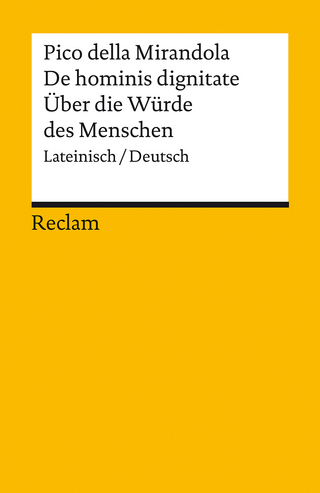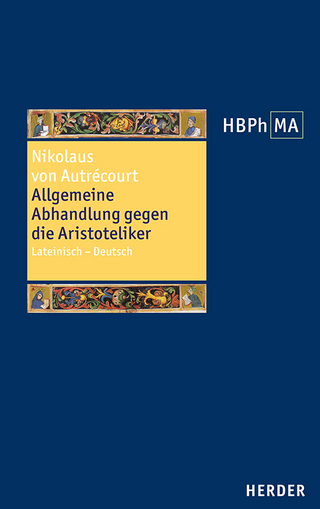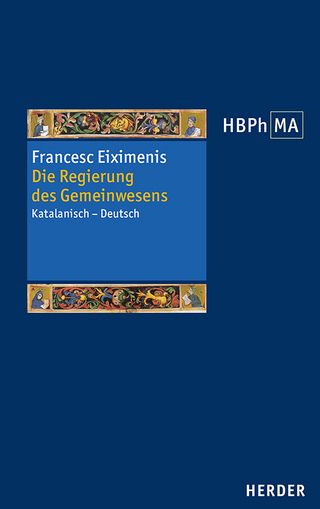
Biocultural Creatures
Toward a New Theory of the Human
Seiten
2016
Duke University Press (Verlag)
978-0-8223-6109-1 (ISBN)
Duke University Press (Verlag)
978-0-8223-6109-1 (ISBN)
In Biocultural Creatures Samantha Frost brings feminist and political theory together with findings in the life sciences to create a new theory of the human that explains the mutual constitution of the body, environment, biology, and habitat, while offering new resources for responding to political and environmental crises.
In Biocultural Creatures, Samantha Frost brings feminist and political theory together with findings in the life sciences to recuperate the category of the human for politics. Challenging the idea of human exceptionalism as well as other theories of subjectivity that rest on a distinction between biology and culture, Frost proposes that humans are biocultural creatures who quite literally are cultured within the material, social, and symbolic worlds they inhabit. Through discussions about carbon, the functions of cell membranes, the activity of genes and proteins, the work of oxygen, and the passage of time, Frost recasts questions about the nature of matter, identity, and embodiment. In doing so, she elucidates the imbrication of the biological and cultural within the corporeal self. In remapping the relation of humans to their habitats and arriving at the idea that humans are biocultural creatures, Frost provides new theoretical resources for responding to political and environmental crises and for thinking about how to transform the ways we live.
In Biocultural Creatures, Samantha Frost brings feminist and political theory together with findings in the life sciences to recuperate the category of the human for politics. Challenging the idea of human exceptionalism as well as other theories of subjectivity that rest on a distinction between biology and culture, Frost proposes that humans are biocultural creatures who quite literally are cultured within the material, social, and symbolic worlds they inhabit. Through discussions about carbon, the functions of cell membranes, the activity of genes and proteins, the work of oxygen, and the passage of time, Frost recasts questions about the nature of matter, identity, and embodiment. In doing so, she elucidates the imbrication of the biological and cultural within the corporeal self. In remapping the relation of humans to their habitats and arriving at the idea that humans are biocultural creatures, Frost provides new theoretical resources for responding to political and environmental crises and for thinking about how to transform the ways we live.
Samantha Frost is Associate Professor of Political Science and Gender and Women's Studies at the University of Illinois, Urbana-Champaign. She is the coeditor of New Materialisms: Ontology, Agency, and Politics, also published by Duke University Press, and the author of Lessons from a Materialist Thinker: Hobbesian Reflections on Ethics and Politics.
Acknowledgments ix
Introduction 1
1. Carbon 31
2. Membranes 53
3. Proteins 77
4. Oxygen 101
5. Time 119
Conclusion 147
Notes 161
References 167
Index 183
| Erscheint lt. Verlag | 28.6.2016 |
|---|---|
| Verlagsort | North Carolina |
| Sprache | englisch |
| Maße | 152 x 229 mm |
| Gewicht | 431 g |
| Themenwelt | Geisteswissenschaften ► Philosophie ► Philosophie des Mittelalters |
| Geisteswissenschaften ► Religion / Theologie | |
| Naturwissenschaften ► Biologie | |
| Sozialwissenschaften ► Politik / Verwaltung ► Politische Theorie | |
| Sozialwissenschaften ► Soziologie | |
| ISBN-10 | 0-8223-6109-4 / 0822361094 |
| ISBN-13 | 978-0-8223-6109-1 / 9780822361091 |
| Zustand | Neuware |
| Haben Sie eine Frage zum Produkt? |
Mehr entdecken
aus dem Bereich
aus dem Bereich
Lateinisch - Deutsch
Buch | Hardcover (2024)
Herder (Verlag)
70,00 €


